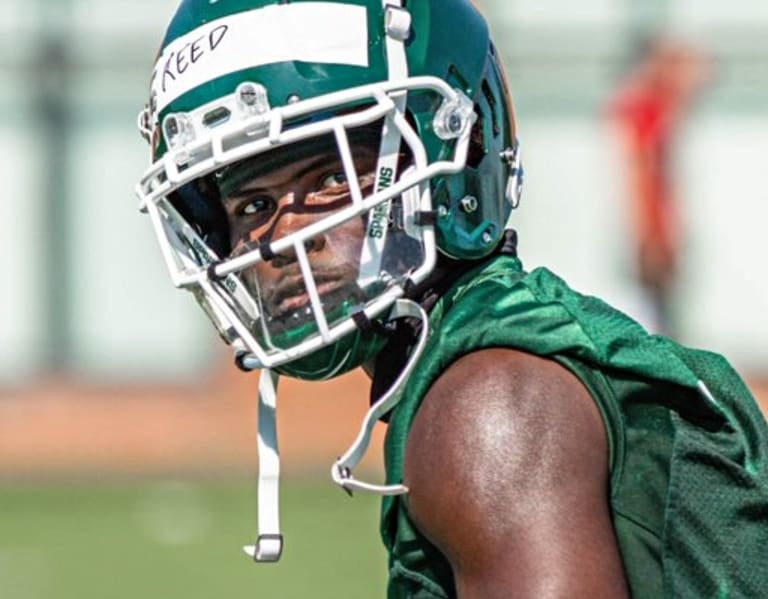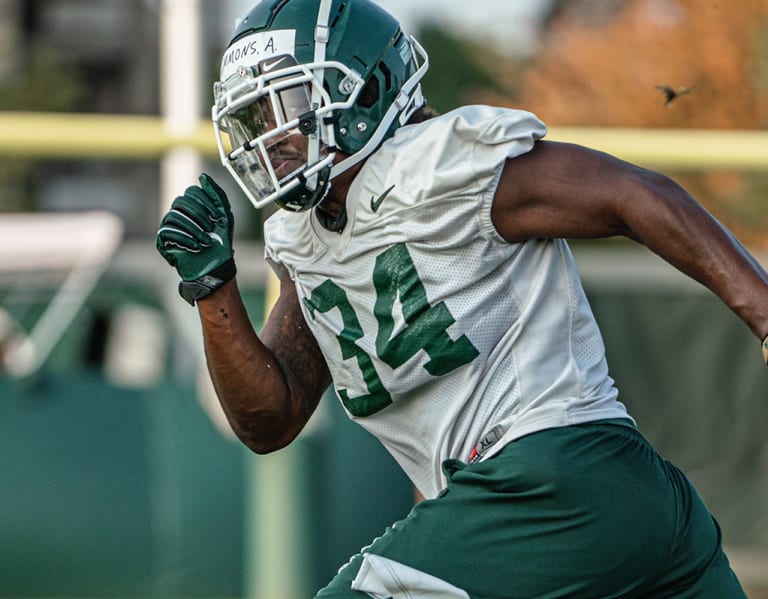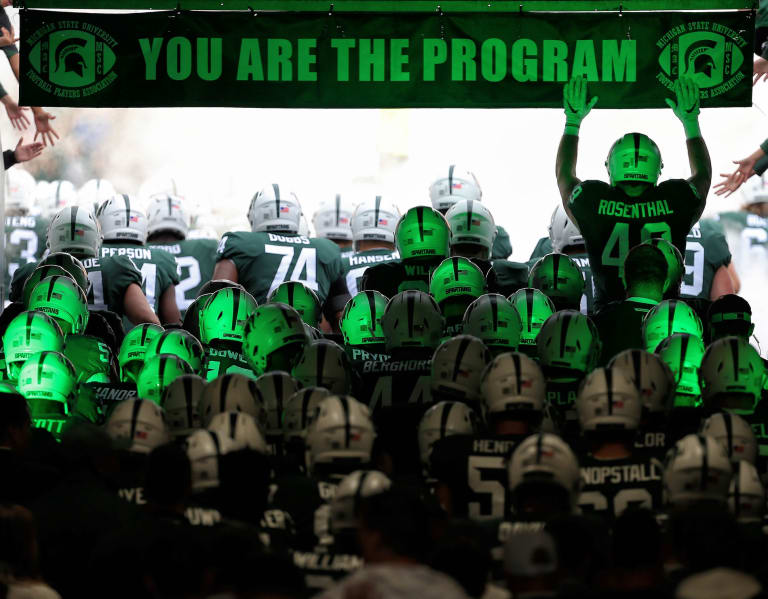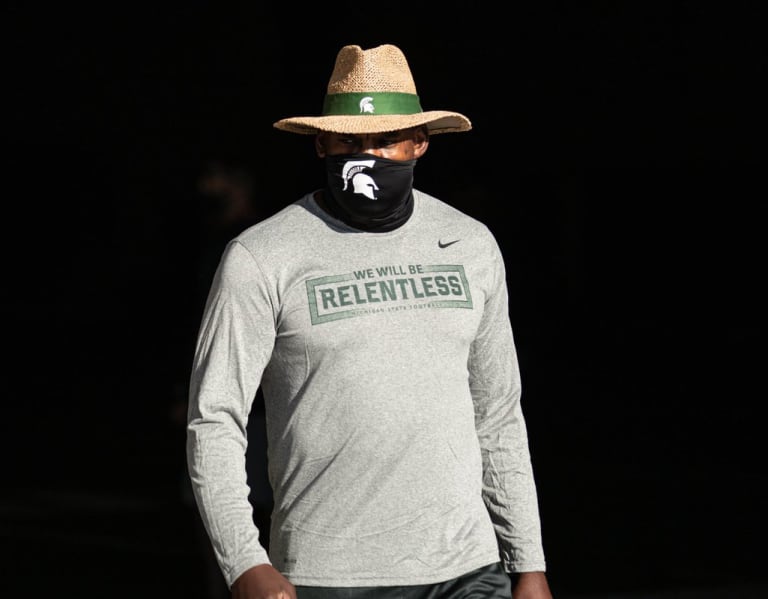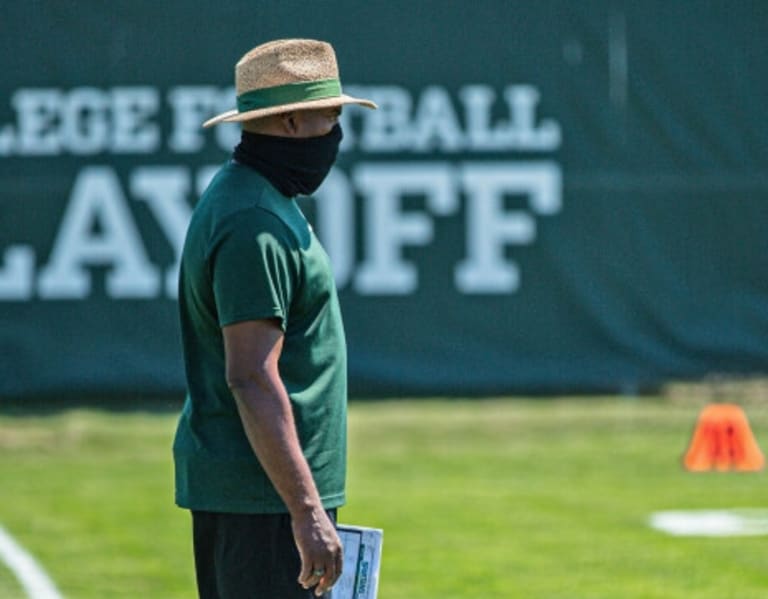I've been inundated with questions regarding our QB situation...
So typing with 1.5 hands (I still have no feeling in 3 of my fingers on my left hand) I'll try to summarize my thoughts until the discomfort/pain gets too intense (yes, they still hurt even though I can't feel them, crazy right?).
Rocky Lombardi-
As I've said many many times before, Rocky's the type of kid you'd want to be your son or your son's QB/MLB/Captain.
He's a very disciplined/hard working kid and he never seems to have a bad attitude, which is something I absolutely love and respect about him.
But that brings me to my first reservation when it comes to Rocky being our next starting QB...
He's not a killer.
Now what's a killer in the context of college football? It's simple...
Connor Cook.
Connor was a very talented athlete in high school (just ask his Dad but do so before he cracks his first beer, trust me) but he played in a very run heavy offense that never depended much on his arm at Walsh Jesuit...
In fact, Coach D offered him because he was a good athlete who had the ability to potentially be a dual-threat QB...
Now we all know he developed into a pro-style pass first QB but that's not my point.
My point is when Connor Cook arrived in EL, he literally couldn't hit the broadside of a barn...
And if you needed him to throw a bubble screen or quick out route under pressure, good luck.
Who does that remind us of in terms of accuracy? Rocky Lombardi.
But IMO Rocky's not a killer like Connor was and that's not something you can teach...
See Connor was an angry dude, he did have a bad attitude at times, and he was on a mission to prove everyone wrong.
Who's everyone? OSU because they never sent him a single generic recruiting letter, the recruiting services that ranked him a 2 star prospect, and the dozens of other programs that never offered him a scholarship.
In fact, after throwing for 14 INT's and only 9 TD's in his junior season, he only received personalized recruiting letters from Miami of Ohio, Akron, and Michigan State University.
Why did MSU offer him? Because a former passionate assistant coach by the name of Pat Narduzzi loved his competitiveness, his pissed off attitude, and his confident personality.
The same reasons Connor never became a true leader at MSU, like Rocky Lombardi has become, is what our former coaching staff loved about him.
So yes, they were both very inaccurate QB's early-on in their careers at MSU, but they're completely different people/QB's.
As Rocky had offers from Big Ten and Ivy League programs, including in-state power Iowa.
He was considered a true leader in his high school, a phenomenal student, and an elite level athlete...
And he was raised by a truly loving family that supported him unconditionally...
Connor? He was raised in a bar in Northeastern, Ohio and by a family that preached toughness/competitiveness over all else.
So yes, Connor did eventually improve on his accuracy after working tirelessly on throwing fundamentals with my good friend George Whitfield, but he never truly perfected it...
And bad habits always seemed to creep back into his motion every now and again...
Regardless, Connor's the exception when it comes to inaccurate QB's becoming record setting QB's or even winning QB's in the Big Ten conference.
Meaning for those that are not paying attention, it doesn't happen very often, if ever.
So can Rocky do it?
Well do what? Can Rocky become a killer IMO? No...
Can he drastically improve his throwing motion/accuracy? Possibly...
But I'm not sure that can happen to the extent needed with the unconventional offseason we just had.
And I know some of you will say/think "Rocky was a phenomenal wrestler in high school, he's a killer!", no...
If you say or think that, you don't understand what I'm saying...
As IMO that makes him a great competitor but not a true win at all cost killer...
Connor literally got better under pressure, instead of letting nerves overwhelm his senses, he became more focused, more clear minded, and most importantly more deadly accurate.
That's a killer.
Now what are the unknowns? Why can't I come on here and tell you who the starting QB is going to be?
Well we don't totally know what Coach Tucker values in a QB, what JJ's offense will look like, or what type of QB he prefers...
We have ideas but not the level of certainty we'd have if we watched a live game or even a spring game...
And because of that, we don't know if Rocky improved on his throwing fundamentals since bowl practice...
We don't know if Theo took this offseason seriously and is finally putting in the hours/work to be a legitimate Big Ten QB.
Hell, we don't even know if Payton put on the necessary muscle to withstand a full Big Ten schedule (well I do, that's next

)
